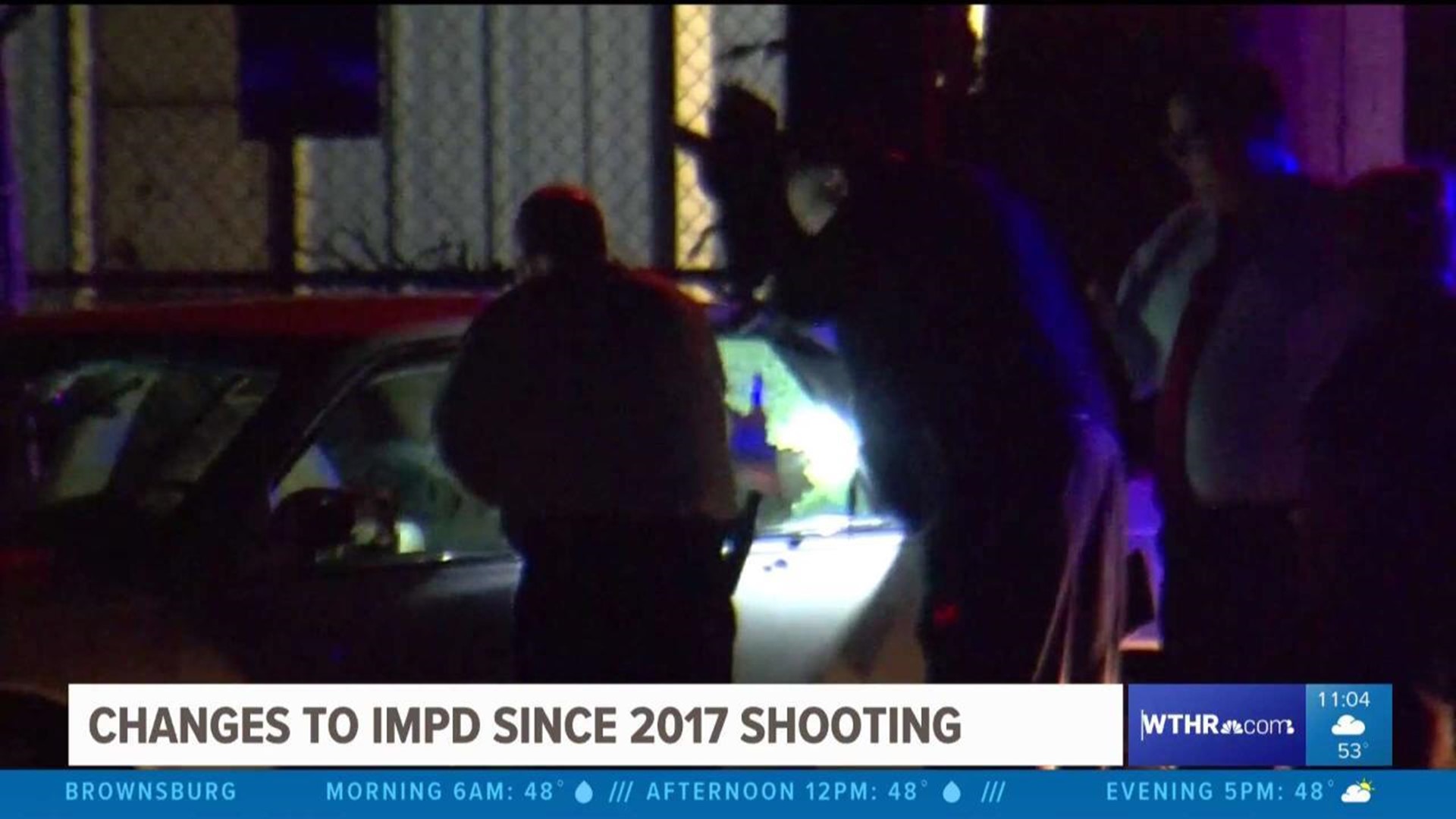INDIANAPOLIS (WTHR) - Protests over the fatal police action shooting of 21-year-old Sean Reed were reminiscent of the widespread outrage over Aaron Bailey's death in 2017.
Two IMPD officers shot and killed Bailey, a 45-year-old Indianapolis man, after he fled a traffic stop and crashed his car. The officers said they feared for their lives. They thought Bailey was reaching for a gun. He was not. He was unarmed.
The officers were eventually cleared of wrongdoing and reinstated, prompting angry protests. IMPD and city leaders promised change in policy and procedures.
What's happened since then?
IMPD now has an Office of Diversity and Inclusion, focused on recruiting and retaining a diverse police force.
The African American Coalition of Indianapolis pressed for several other changes. Among them, IMPD requires everyone from new recruits to the top brass to undergo implicit bias training. IMPD's General Orders, 530 pages of rules on everything from uniform requirements to rules of engagement and pursuit, is now available to the public online.
IMPD also created a website where complaints or compliments about an officer or the department can be submitted, but it does not allow search of that database. Advocates say it should.
When it comes to changes in training, IMPD's chief communications officer noted "scenario-based training" at the range with "the emphasis on decision-making around the use of force, considering time, distance and concealment. That includes communication, de-escalation and compliance tactics, as well as rendering aid following a shooting."
There's also a Use of Force Review Board with every case "reviewed by the chain of command," but it does not yet include citizens, which the African American Coalition has said is critical, as are body cameras.
IMPD has been looking into body cameras for six years, testing them during several pilot programs. The issue is cost. The investment can run up to $3 million a year for equipment, video storage and maintenance.
Still, IMPD planned to roll out a program this summer until the COVID-19 pandemic slowed things.
Supporters say body cameras will go a long way toward helping police improve transparency.

